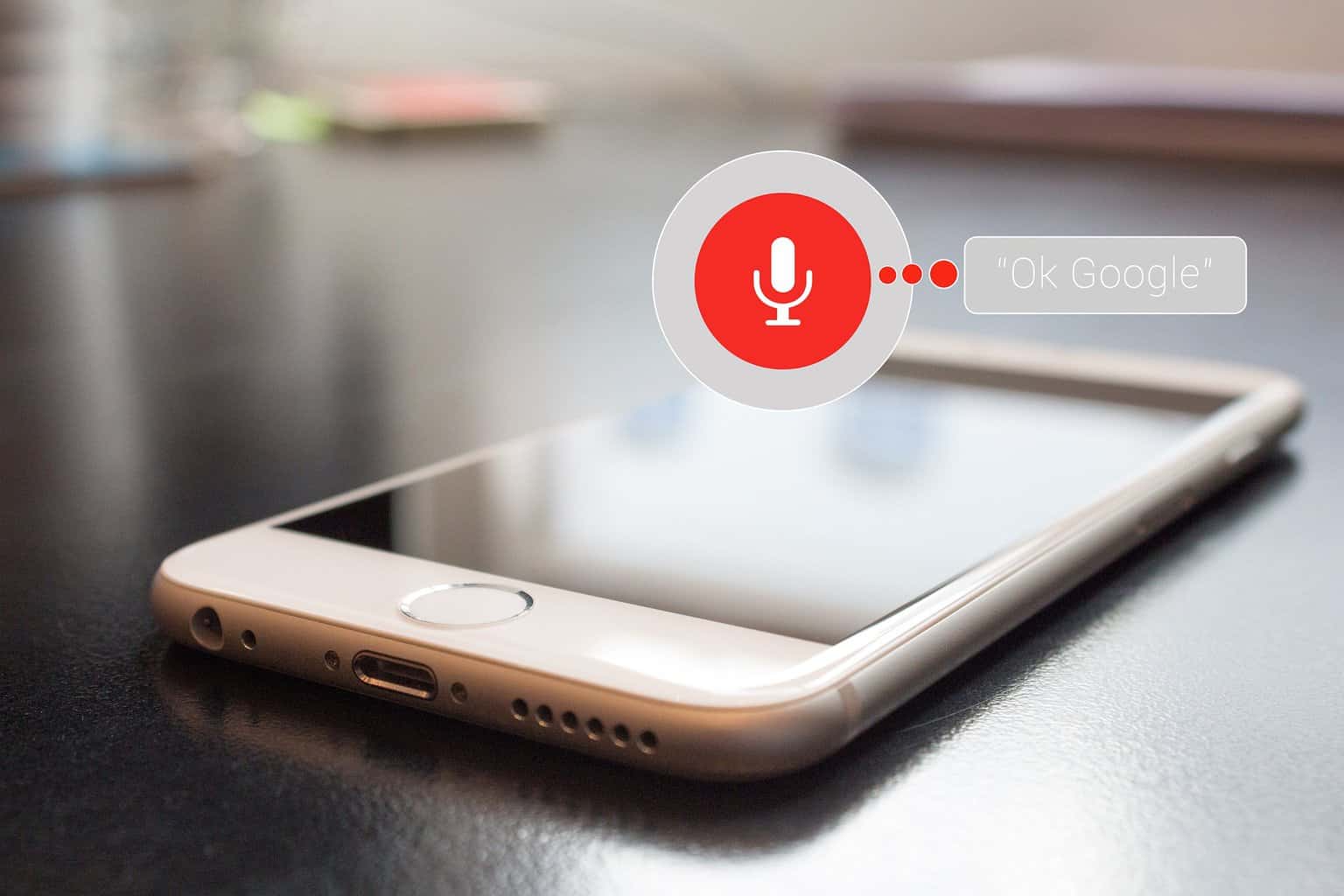Voice Search: Does the device impact the search result?

We’re all curious about the impact of smart speakers in search nowadays, however what are the differences between the leading devices? With the Amazon Echo, Google Home and Apple HomePod all clamouring for our attention, which one really is the best?
Do these devices affect a voice search result and how do you craft your content to engage a user to convert on your site? We thought it would be interesting to know the pros and cons and have been collating data to understand the possible pros and cons of each.
The overwhelming need for users is to be properly understood and served an instant accurate result – but this isn’t always possible. In terms of accuracy, as it’s still pretty new tech there is a bit to be desired. Google is unsurprisingly the forerunner in terms of results, as they’ve been pioneering voice search for much longer.
Siri lags behind with the least accurate interpretation of speech whilst the Google Home device was more accurate 17% of the time when compared to the Amazon Echo too. While users may have their own preferences and brand loyalties, they most likely won’t compromise on this aspect of a smart speaker, because it’s the most important one.
In a study conducted by Loup Ventures, they asked each assistant a total of 782 queries. They split these into five different categories and the Google Home smashed the accuracy 81% of the time. Alexa answered 64% correctly and Cortana answered 57%, while Siri only managed 52% of the queries correctly.
The Mobile crossover
Some of these assistants also have a mobile version too, with searches being conducted on Android and iPhones. The interface and accuracy is the same, but early reports suggest that the familiarity of the Google Assistant and Siri make them a bit more approachable than Alexa.
When we use smart speakers, we want the AI to be actually intelligent and understand exactly what we mean. This is imperative, as we don’t want to be using tech that hinders us, instead of helping us. Alexa is showing the biggest improvement in skills over time, as it becomes more aware of what users want, using the intention behind the search.
Alexa has some limitations, but the prompts and understanding that it has over the Google Home are huge. For example, if you want to do a workout, Alexa will get you a workout plan and talk you through it, Google Home will find a gym near you. This is a small but noticeable difference in the way that these interpret the information that you give them.
Apple’s HomePod is still quite new so the jury is still out on updates and evolution over time. Their developers will need to pick up the pace to catch up with the others though. They have released their product to a high standard, but the others have more experience in the market.
Cohesion and equilibrium
In terms of working with other software, Google Home is way out in front. Their speaker can use applications, music services and calendars without friction. This makes for a much better experience for the user as they’re not coming up against as many roadblocks.
Alexa struggles with this a bit more, as there aren’t quite as many services integrated into the speaker. It’s more geared towards making purchases and recommending items, which definitely impacts the user experience. However, this is a strong tool as it lets users order with their voice. This could become a channel that we come to expect from speakers and these helpers over time, which takes a lot for developers to implement. In this way, Amazon is somewhat ahead of the curve.
We all know that Apple want to keep us only using their products and this comes out in a big way with the HomePod. For example, you can’t use Spotify or other music apps, only iTunes. This kind of ecosystem isn’t ideal for users, as they can feel trapped by this kind of control from the developers. The functions that the HomePod has are lacking after using the other options on the market. With day to day functions, like calling or adding items to the calendar, not available with the HomePod, it seems to go from bad to worse.
It may be the case that Apple brand loyalists stick to the speaker, but it doesn’t have the same appeal as the other two.
With the HomePod joining this emerging market, it’s clear to see that there’s a real demand voice search only devices. Affiliates should be taking note of this kind of demand within the industry, as it’s important to get these new users to your site. You want them to find you in the results, not your competitors.
It will be an interesting time to see if these devices can disrupt the way we handle search strategies in the future and how the impact of device int his space would actually impact the strategy that is developed. Affiliates should consider voice search as part of their content strategy as it is a growing niche – or risk being left behind.






